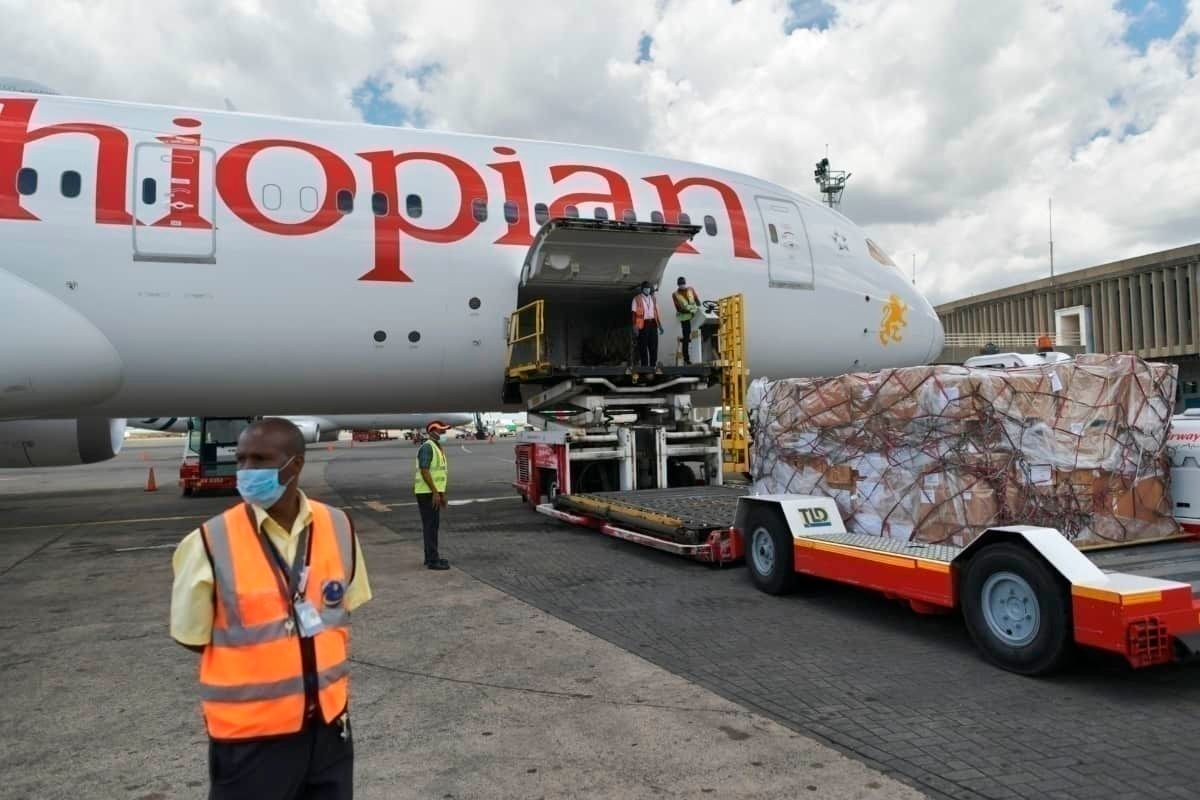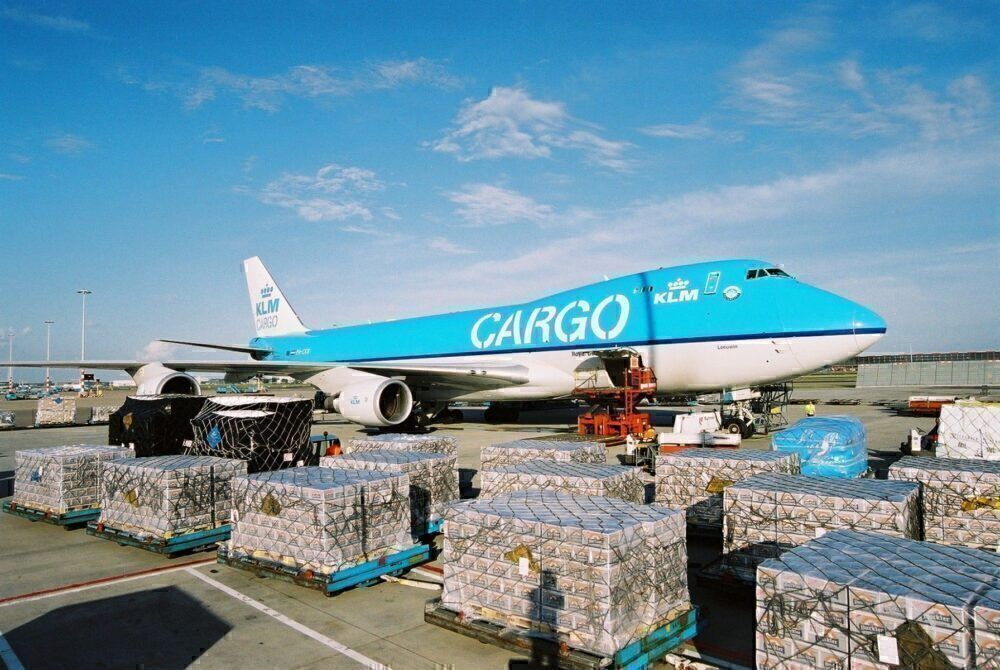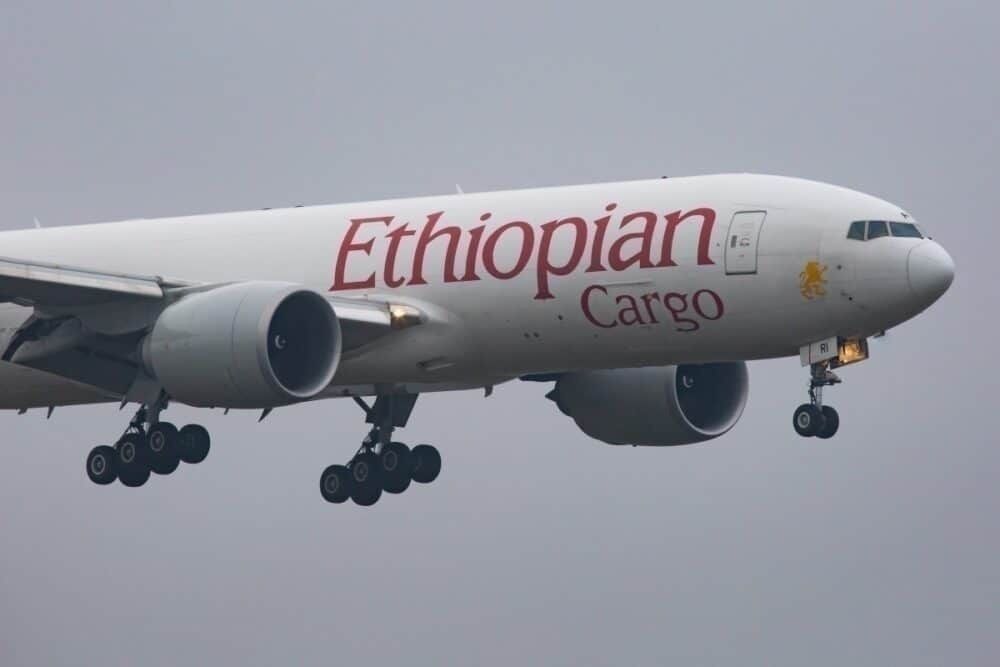The global flower production industry is worth over $75 billion and a significant portion of this income is secured around Valentine’s Day. Flowers have long been a hallmark of this special occasion, and airlines have a crucial role in the distribution of these goods. However, there have been significant challenges for the industry this year.
A knock-on effect
Europe entered the new year facing stringent restrictions amid the pandemic. Lockdowns have meant that the general public has been unable to travel both locally and internationally. Moreover, the global health crisis has also forced airlines to revise their schedule and capacity plans. These factors have threatened flower sales in popular production regions such as Kenya.
Bloomberg reports that Kenya’s flower producers are receiving orders for the big day, but cargo capacity is the biggest concern for them. Clement Tulezi, CEO of the Kenya Flower Council, highlights that freight demand typically doubles to 5,500 tons in the week prior to February 14th. This aspect requires an additional weekly cargo capacity of 3,000 tons,
Kenya exports approximately 70% of its flowers via Amsterdam. However, the social climate of the Netherlands and its neighbors will likely impact sales. The country has given permission to Ethiopian Airlines to send extra freighters on the Nairobi-Amsterdam route. This move should ease capacity limitations.
Stay informed: Sign up for our daily aviation news digest.
Big business
Kenya's flower exports by volume fell by 9.3% in 2020. Nonetheless, the value of shipments increased to 108 billion shillings ($980 million) from 104 billion shillings in the year before. Shipping fees have reduced by over 50% to approximately $2.20 per kilogram. This is a reduction from a high of $5.20 during peak lockdown season last year, but the figure remains above the average of $1.50 during the middle of February.
Despite the worries, rose specialists are hopeful of a positive outcome due to the success of particular market segments. Billy Coulson, managing director of Nini Flowers, said the following about the operations, as reported by Bloomberg:
“We’re operating in an environment of low orders, low demand, low prices and increased costs. The retail market is doing well as supermarkets are open. I’m cautiously optimistic.”
A low supply means that prices have to rise. Flowers are going for approximately 16% more than the same period as 2020.
Ongoing evolution
Sanjeev Gadhia, the CEO of Astral Aviation Ltd, a Nairobi-based freight outfit, shared that his company has doubled its cargo services to Europe for the two weeks leading up to Valentine’s Day. Moreover, the carrier is introducing new flower shipments to the likes of Saudi Arabia and Dubai.
Previously, this cargo to the Middle East was small in quantity. These items could be moved in the cargo holds of passenger aircraft. However, the demand for freight is now significantly higher. Gadhia expresses that this venture to the region will help to diversify Kenya’s industry. Namely, it will reduce reliance on Europe in this field.
Altogether, like with most airlines amid the pandemic, freighters dealing with flowers have had to adapt. These transitions will help some of these cargo specialists be stronger in the long-term as they are managing to diversify their markets and be well-positioned for when the climate is better.
What are your thoughts about the role airlines play when it comes to Valentine’s Day? Are you expecting any important items to arrive ahead of the big day this year? Let us know what you think of these operations in the comment section.



